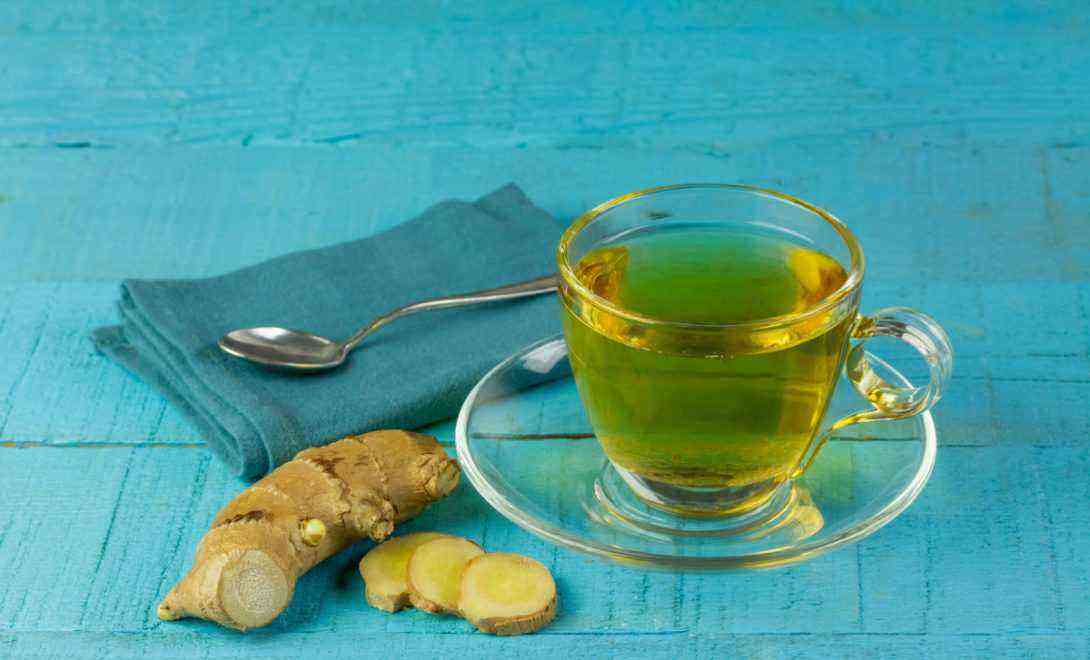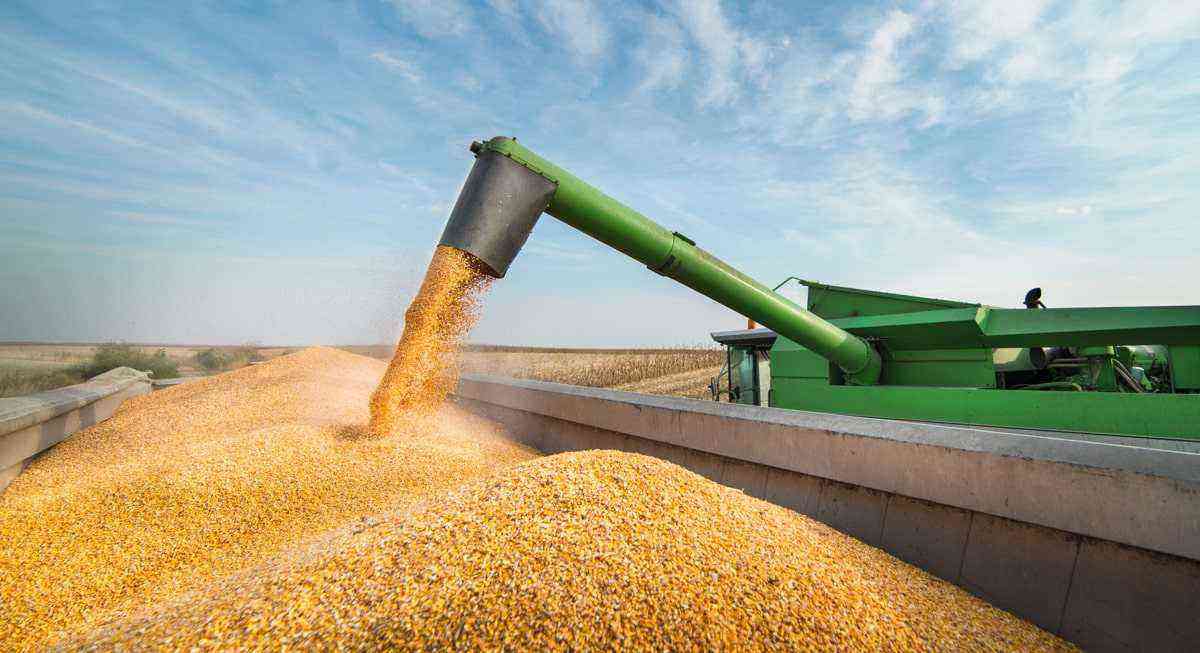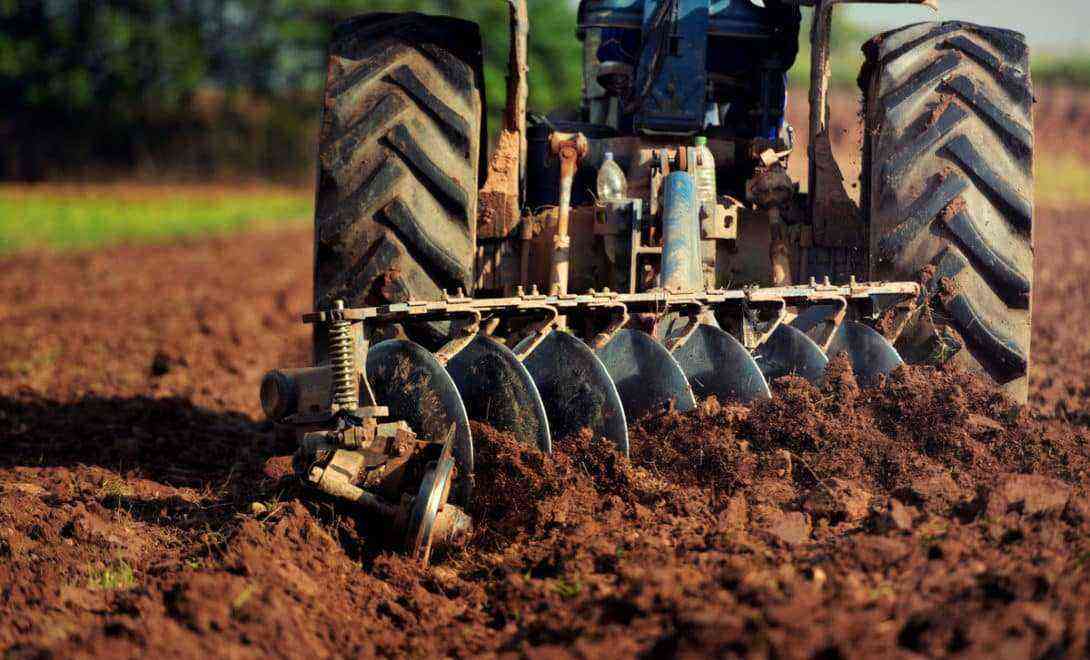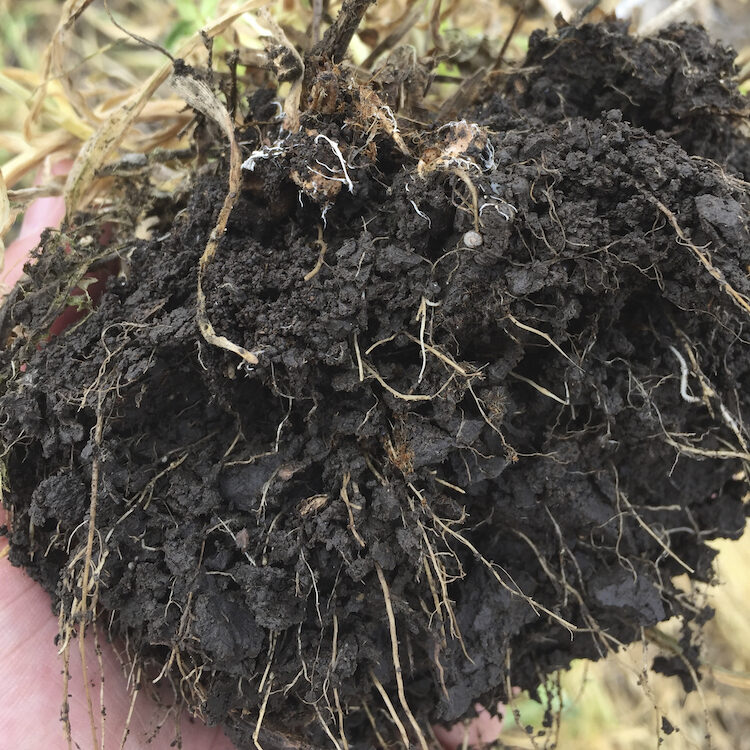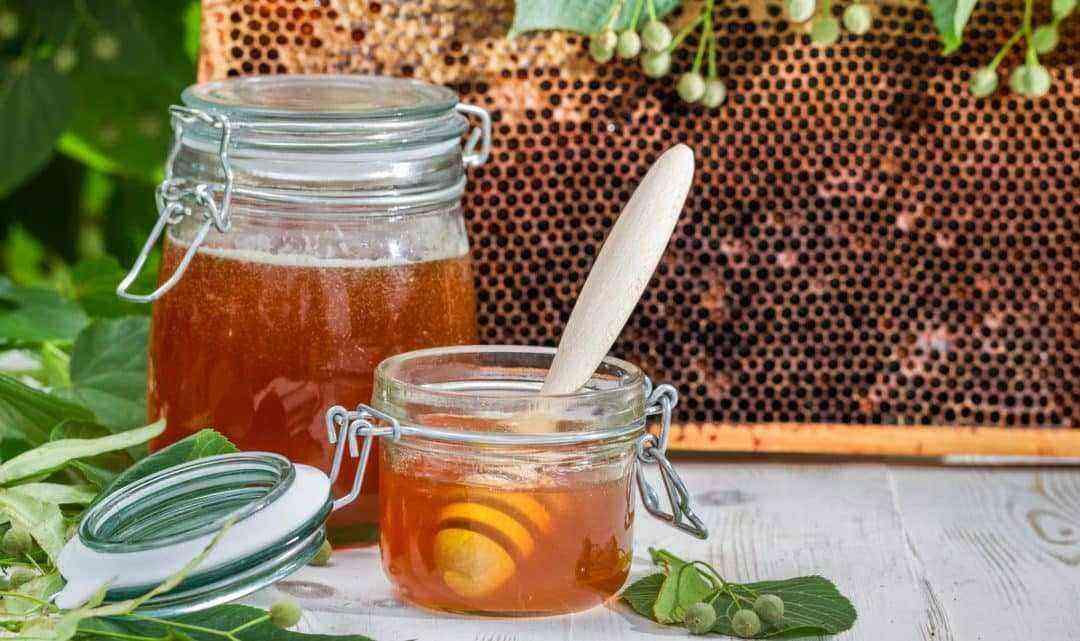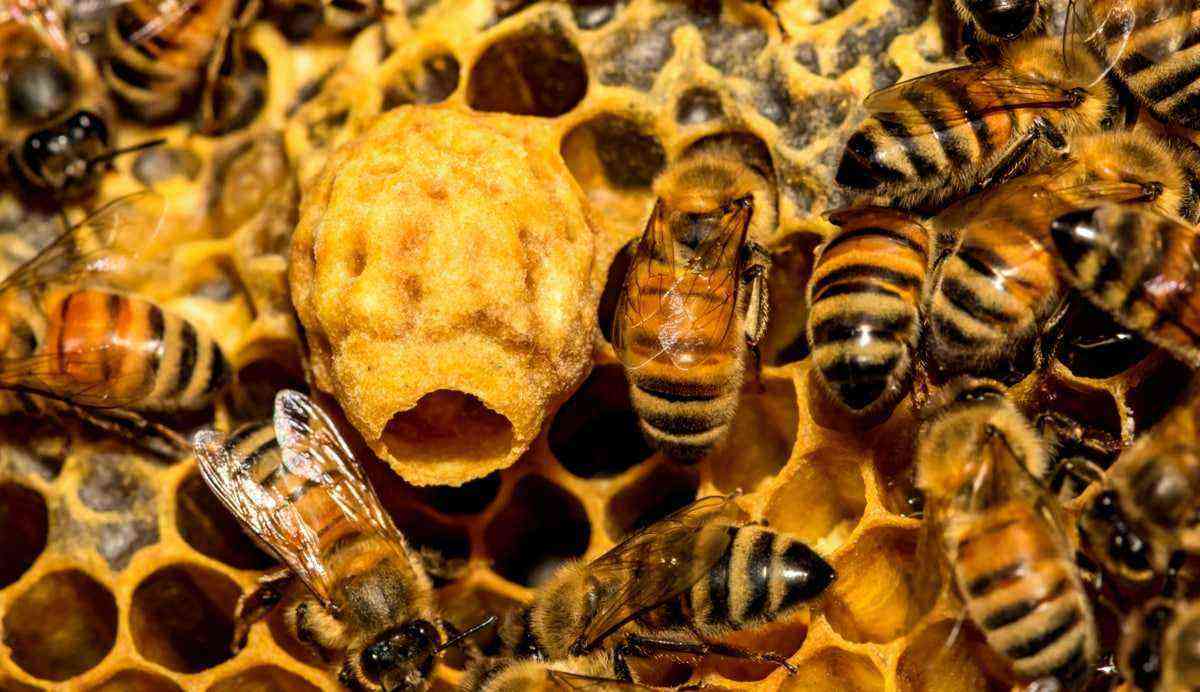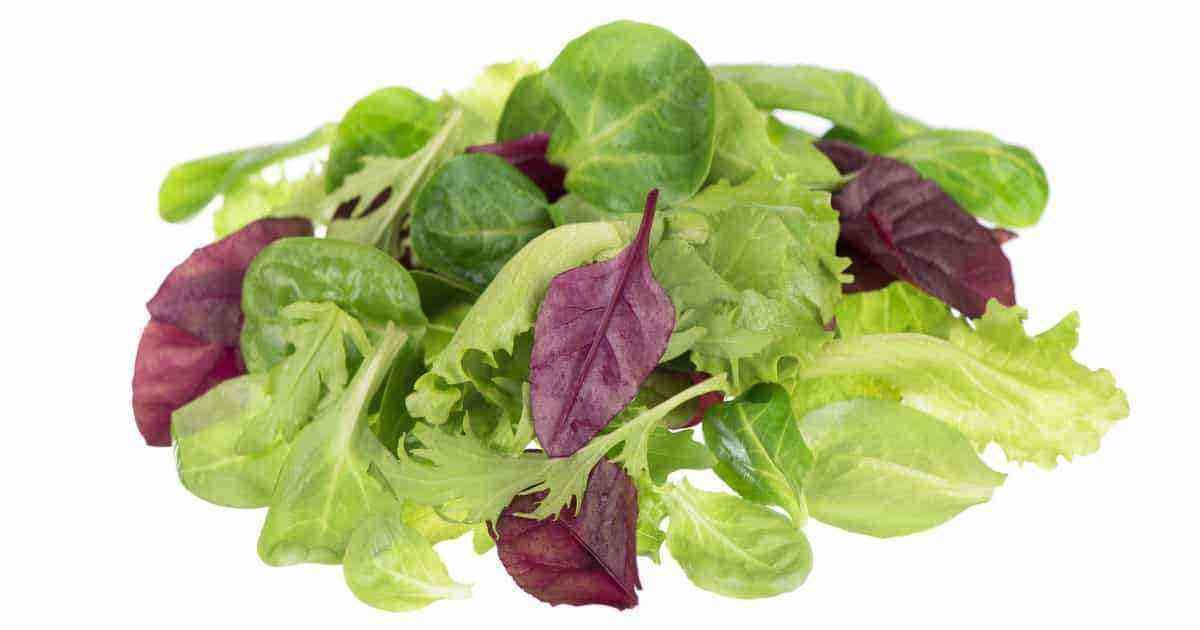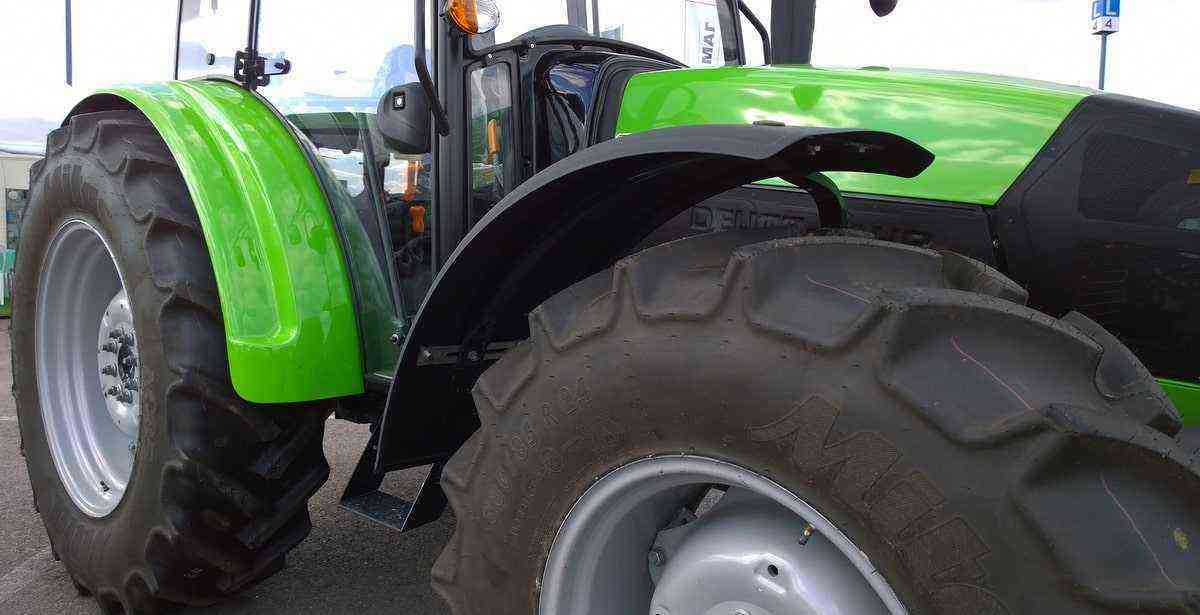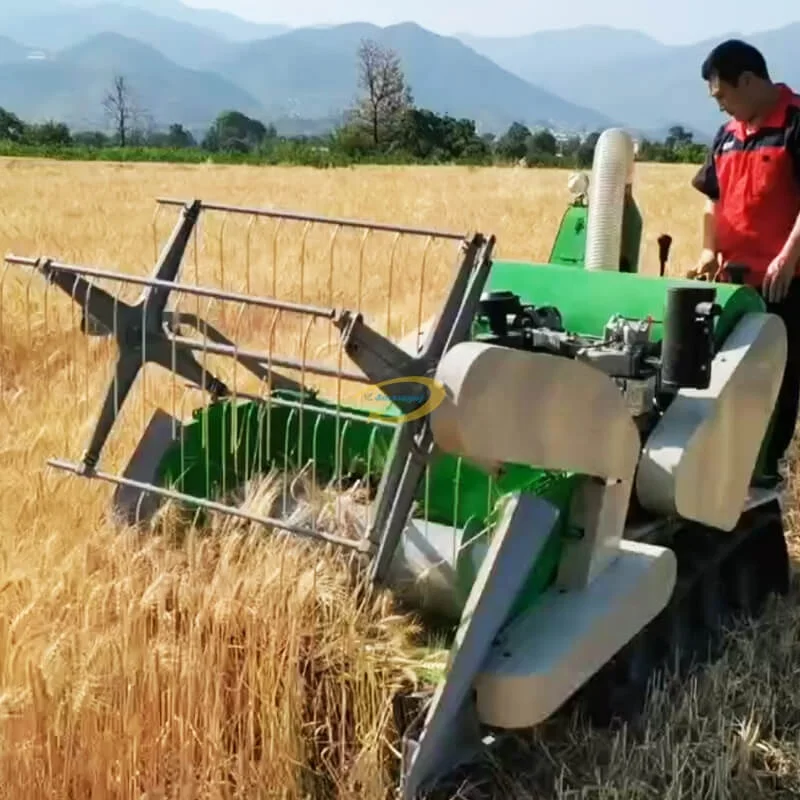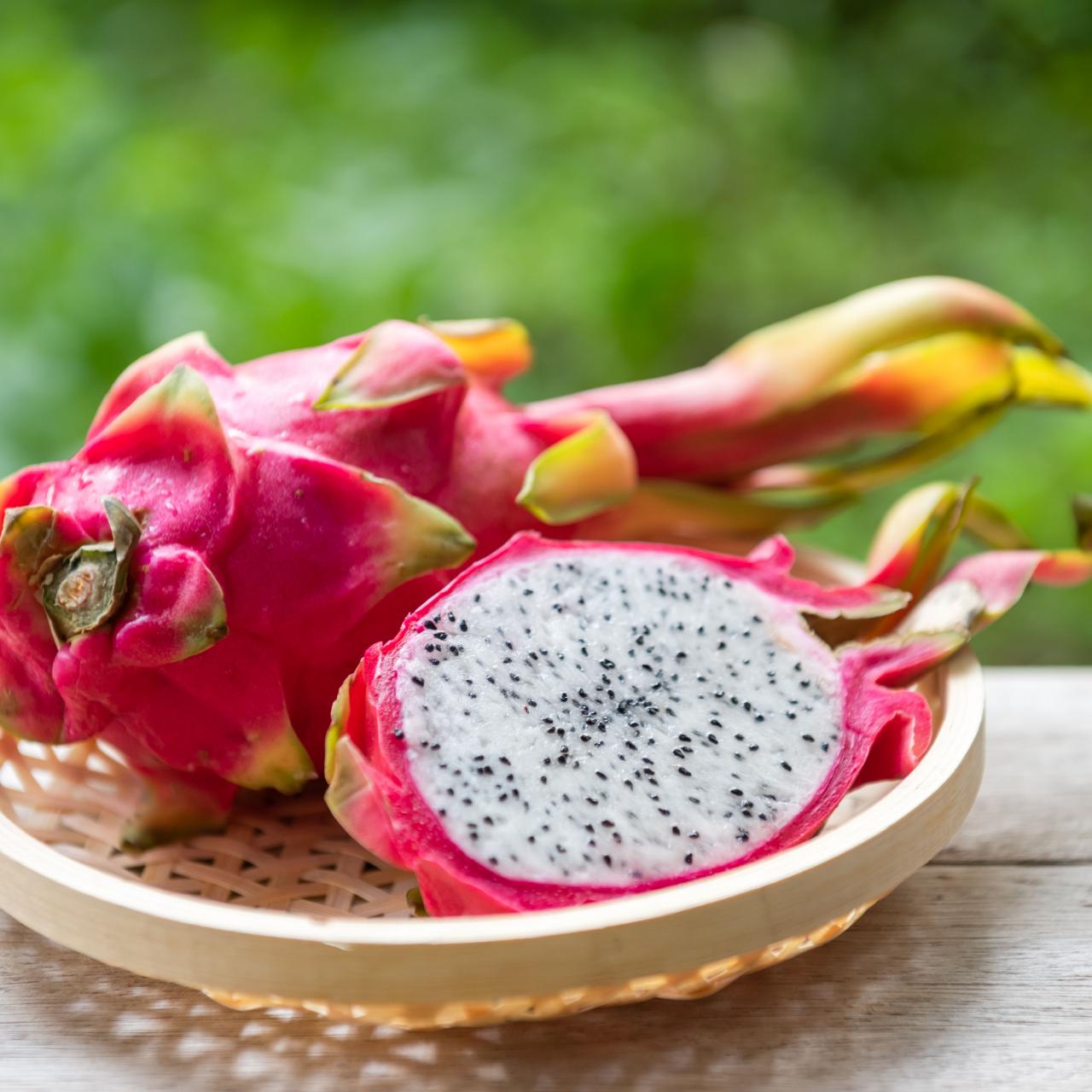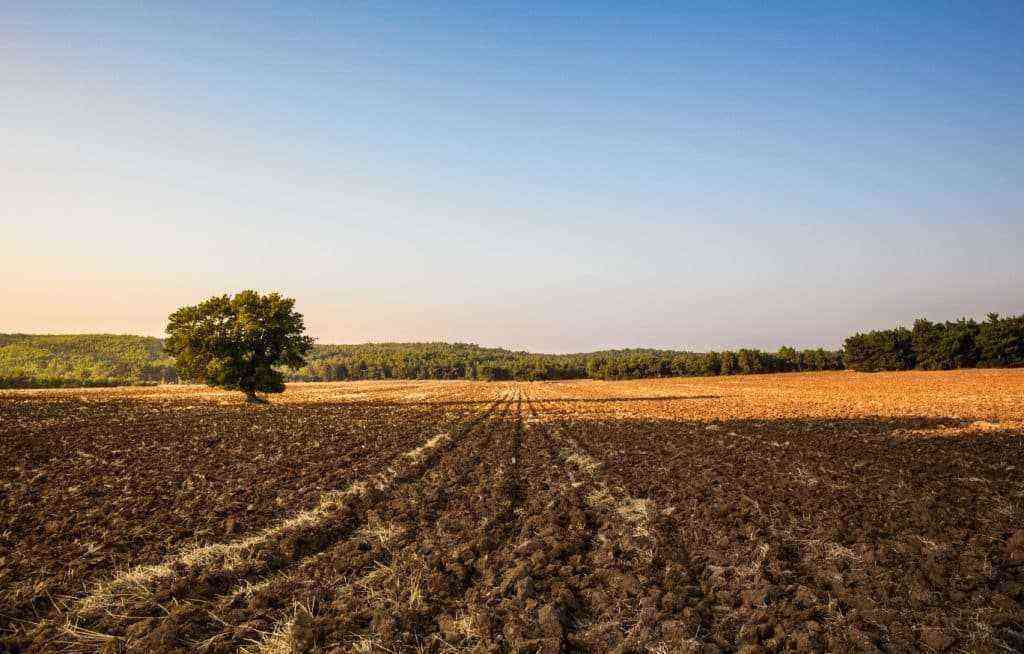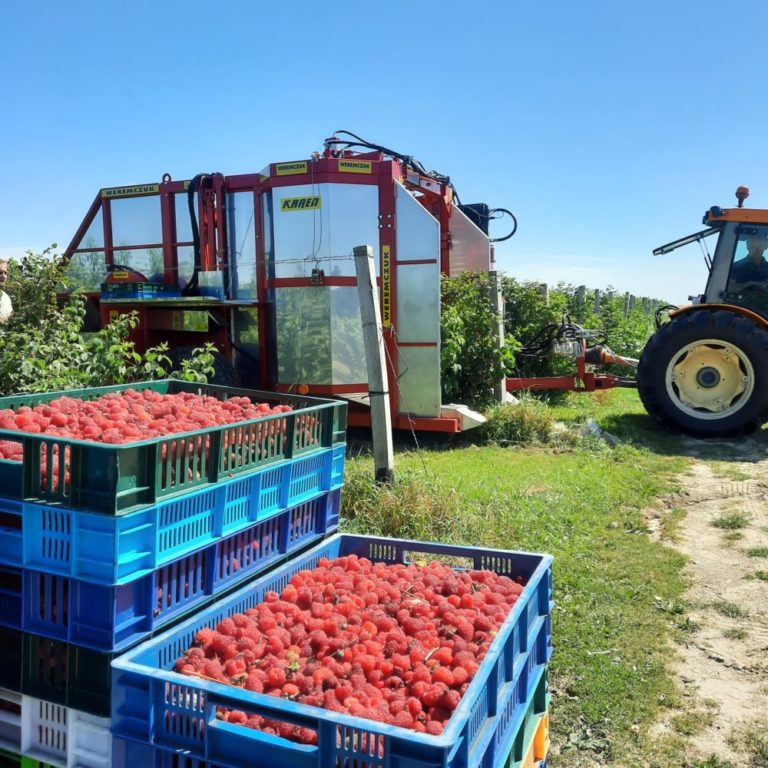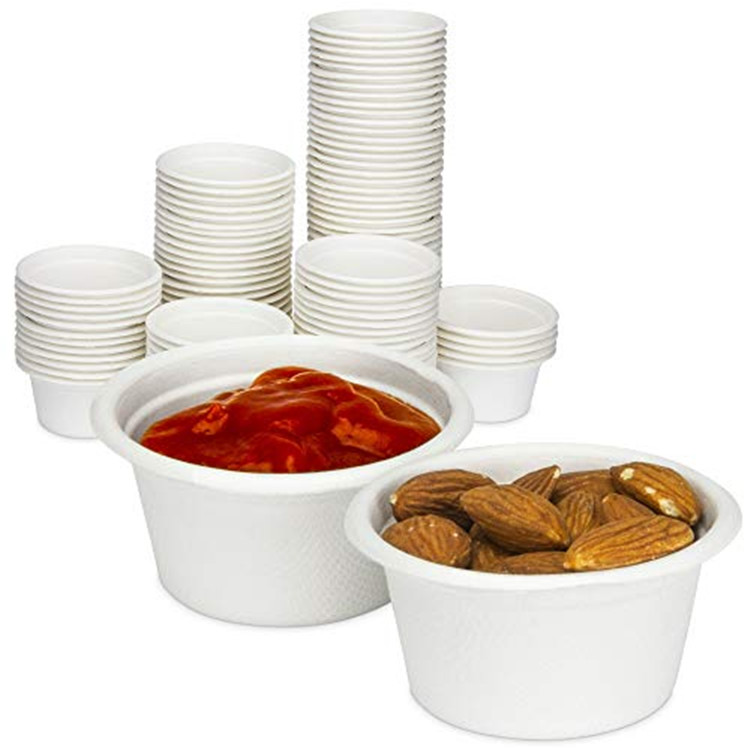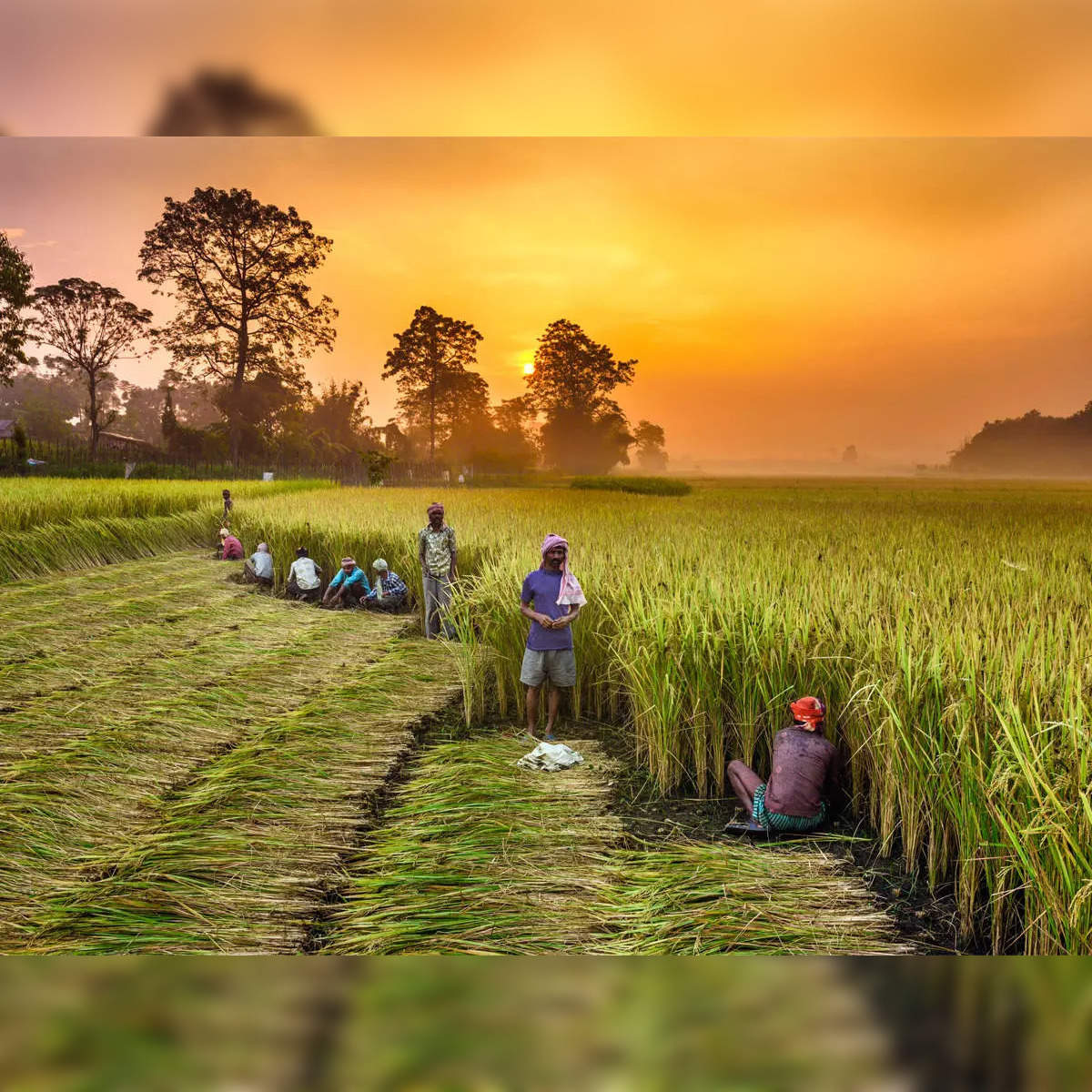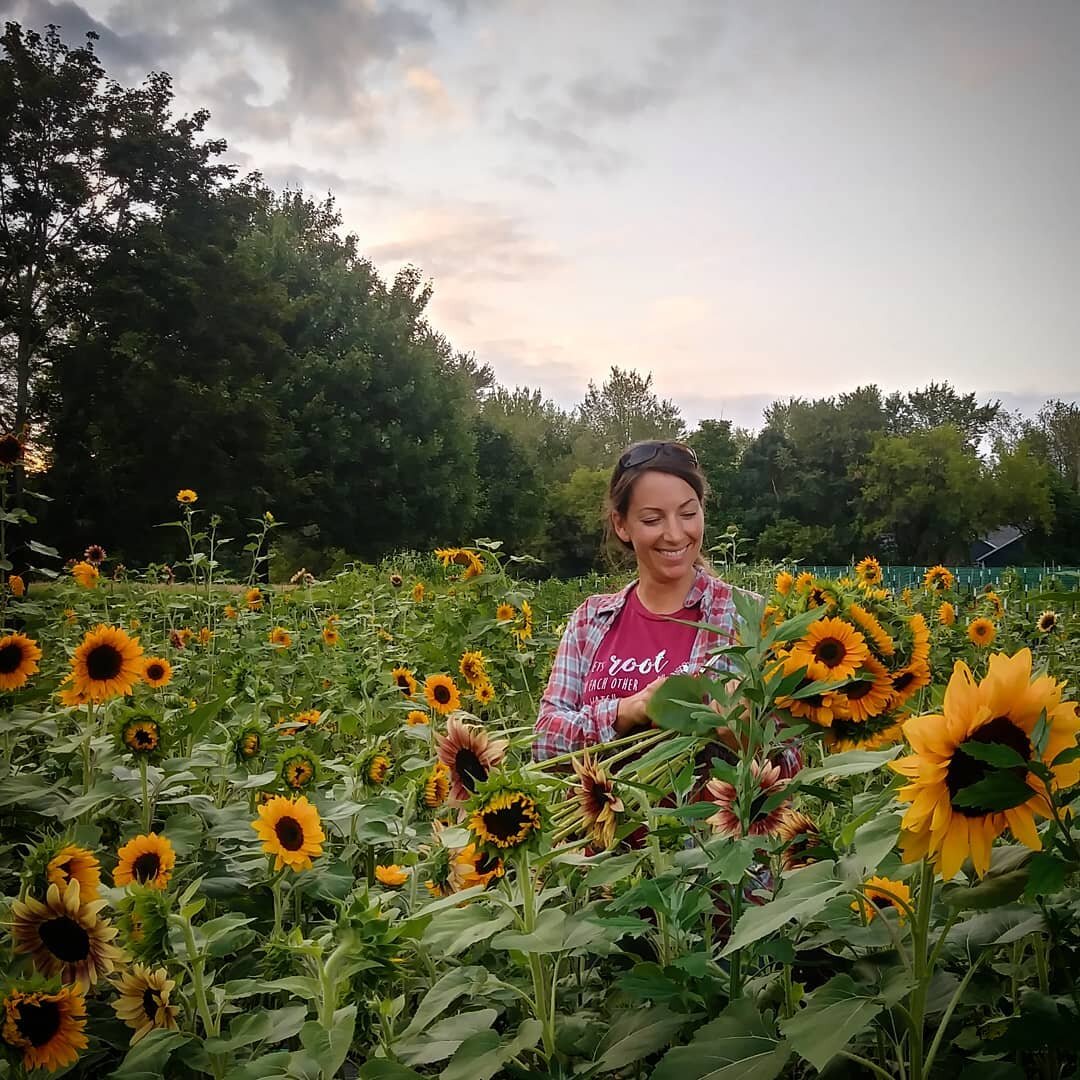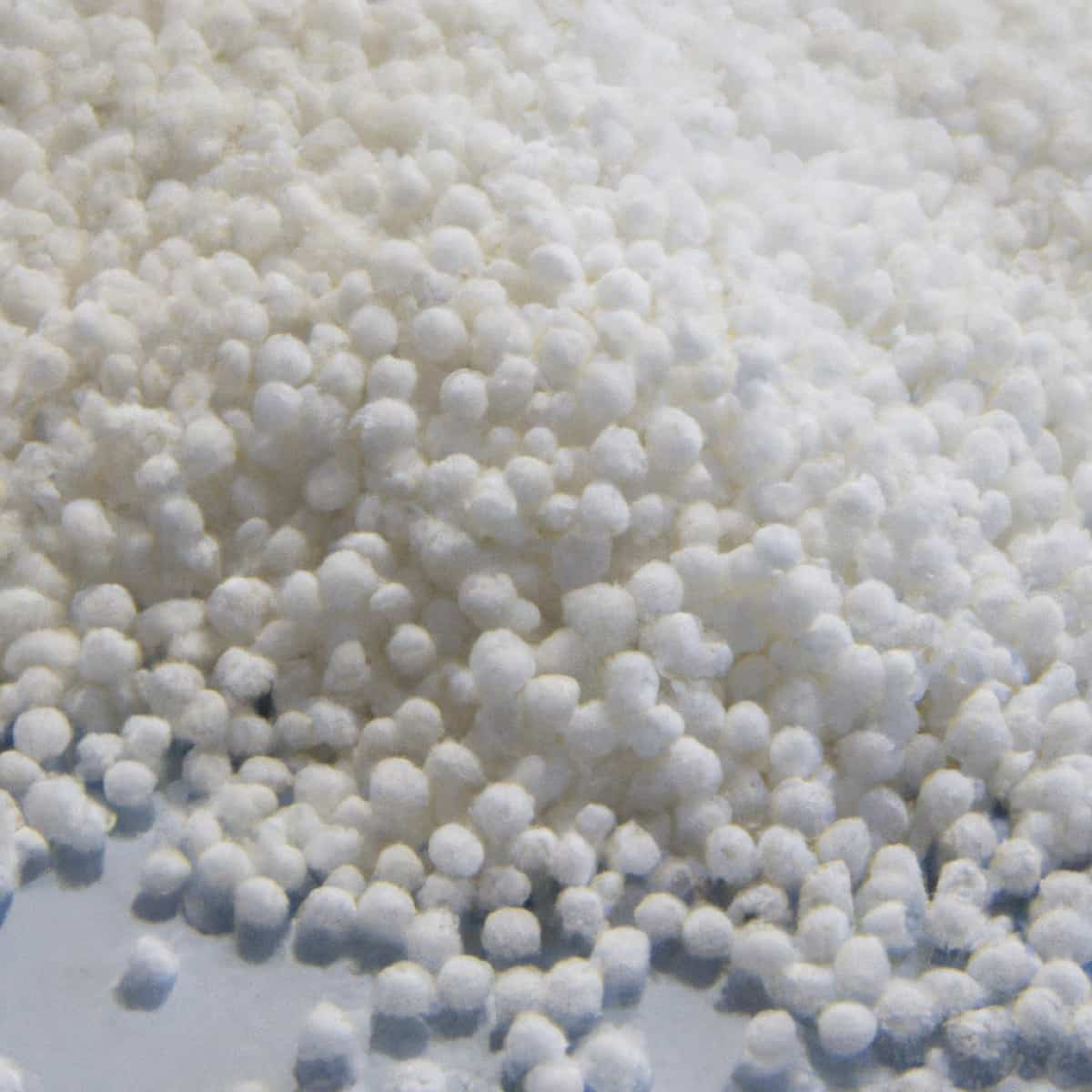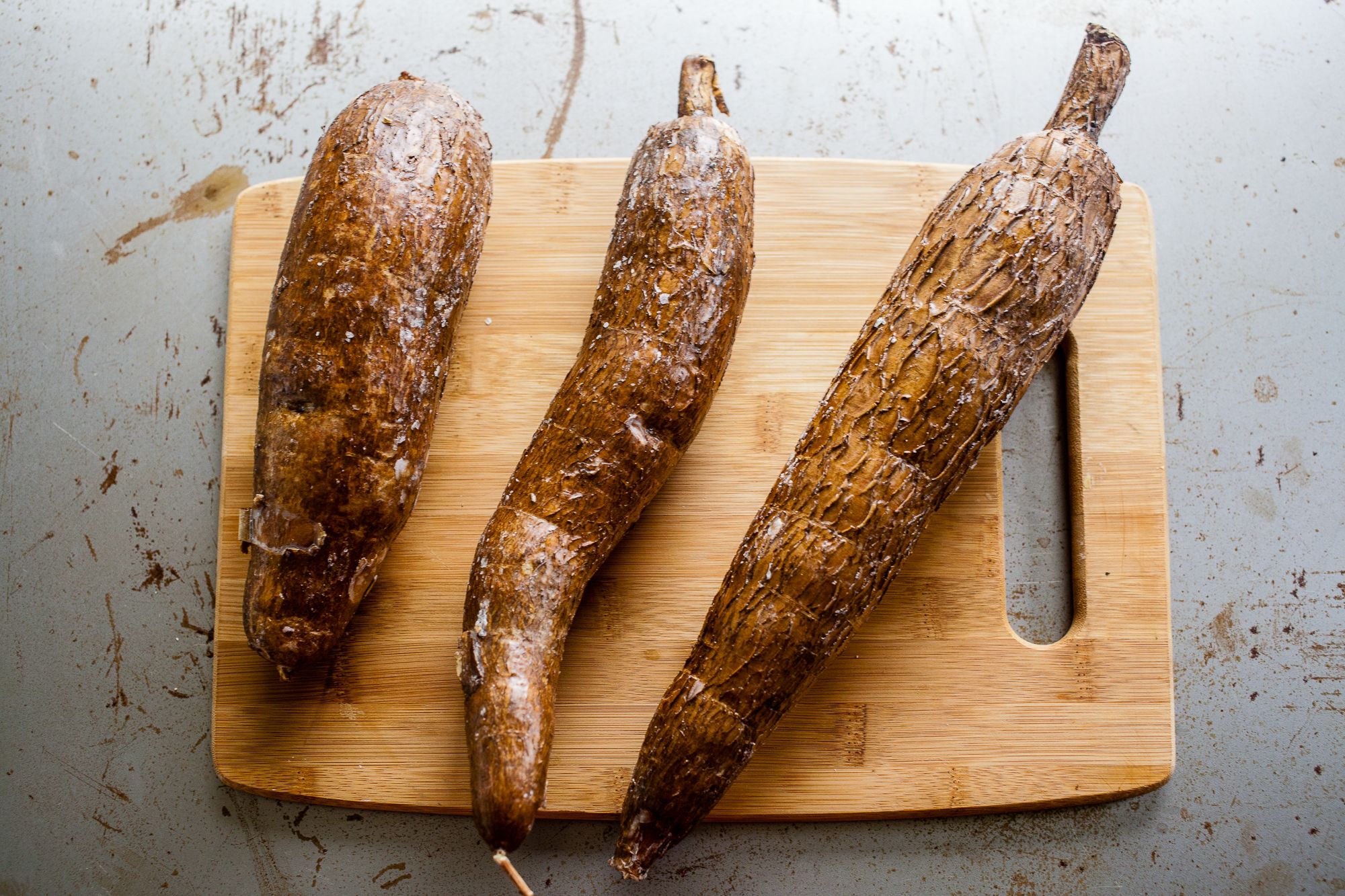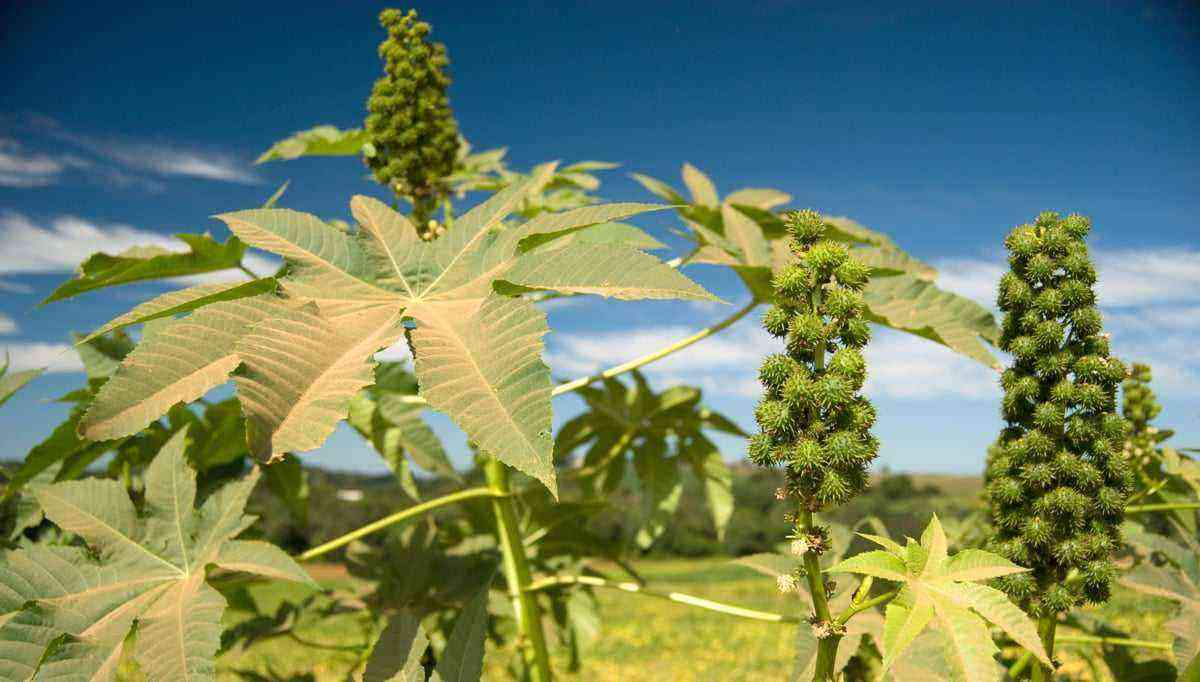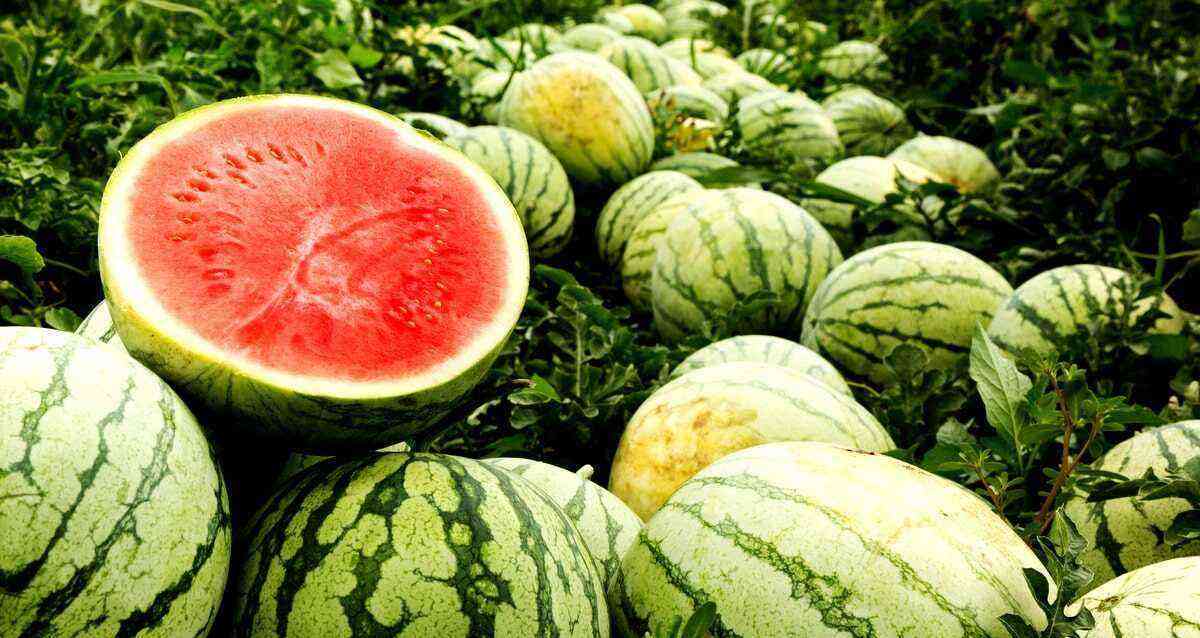Much is heard about agricultural pesticides and, lately, they have gained even more space in the media and generated great debates. However, taking away the defenses and accusations of the lovers, there is a lot of information about the subject that is not properly passed on to the population.
So, if you are interested in the topic and want to understand more, including how to use it on your site or farm, check out our post about pesticides, how to use them and what you need to consider. Keep reading and check it out!
What are crop protection products?
Agricultural pesticides are popularly known as pesticides, whose main objective is to protect agricultural crops from pests, pests and other living beings that prevent the healthy development of plantations.
Pesticides are also able to help save time and money, increasing productivity and profitability. One of the examples is that, with proper use, weeds, a very common problem in plantations, are eliminated, and it is not necessary to weed the land frequently.
The pesticides keep the plantation free of pests and this favors their development
It is clear that each rural producer must analyze his needs, the size of his land and the care that his production requires before using pesticides in an indeterminate way.
How is the use of pesticides in Brazil?
Brazil is a country that makes a lot of use of pesticides and, therefore, we have so many discussions on the subject. The presence of high temperatures and the absence of harsh winters make the country’s crops quite vulnerable to the appearance of pests.
However, it should be noted that, although the use is too much, Brazil is also the 3rd largest agricultural exporter in the world, the 3rd largest producer of grains and the largest exporter of beef, which makes our production very superior to other countries, as is the case of European countries.
There is also research to inform that, although in absolute numbers Brazil is champion in the use of pesticides, it is necessary to assess the amount of cultivated land and the volume of food produced.
Thus, in the first case, the country falls to the 7th position, behind countries such as Germany, France, Japan and the United Kingdom. When analyzing the volume of food produced, we then moved to 11th place. See tables below:
What are the types of pesticides?
For each type of pest or stage of the disease there is a defensive that must be used, therefore, they are known as insecticide, fungicide, herbicide and nematicide. The National Health Surveillance Agency (ANVISA) created the following toxicological classification:
- class 1 — extreme level of toxicity;
- class 2 — high level of toxicity;
- class 3 — average level of toxicity;
- class 4 — mild level of toxicity.
The same logic is used to list the dangers of pesticides in relation to the environment, with class 1 being the most harmful and class 4 the least harmful.
How to use pesticides correctly?
Popular wisdom teaches us that the difference between medicine and poison is quantity, and this logic is also applied in relation to pesticides. They are necessary to preserve the plantations and allow several Brazilian families to have a source of income, in addition to guaranteeing the food for so many other thousands, especially in large centers.
The difference between medicine and poison is the amount
However, as we said, it is necessary to make the correct use of pesticides so that the quantity does not exceed what is necessary and compromise the quality of the fruits, vegetables, among other foods that are produced.
The first step is knowing how to differentiate which pests threaten crops. They are divided as follows:
- fungi;
- insects;
- weeds;
- nematoides.
Each of these types has a different defensive protocol.
How to apply pesticides?
To reduce the impacts of pesticides on the environment, it is also important to know how to apply them correctly, including taking advantage of the technologies that are available on the market.
The application of pesticides in the crop must comply with safety rules for each product
One of the techniques that has drawn attention because of its care in monitoring the plantation is the integrated pest management (IPM). A survey coordinated by the Brazilian Agricultural Research Corporation (Embrapa) found that MIP is capable of reducing the use of unnecessary pesticides by up to 50%.
The monitoring to which we refer serves to verify the stage at which the pest reached the crop, since, depending on the stage, the use of pesticides is not recommended, and can be resolved in another way. Therefore, it is essential to study everything that involves plantations, so that the diagnosis is as accurate as possible.
In addition, other precautions are important for the best application of pesticides, such as the following:
- take care of your sprayer and keep the maintenance up to date;
- know the adjuvants, which are the compounds used in the sprayer and that facilitate the application of pesticides;
- keep your equipment clean.
How is the use of pesticides regulated in Brazil?
Most of the regulations related to the use of pesticides are in Law No. 7.802/1989. The text contains information on inspection and releases. It is also possible to find other information on the website of ANVISA, the regulatory agency for the subject in Brazil. One of the issues, for example, is that pesticides must be registered with the competent federal agency, in accordance with Decree No. 4.074/2002.
Before applying pesticides on your crop, check that it is registered with the competent federal agency
The Ministry of Agriculture has a pesticide system that should be used as a basis for researching which product to purchase to control diseases and pests in your crop.
So, as you can see, it is very important to know the soil, pests and production for the proper use of pesticides, without them negatively affecting the environment, at the same time that they can promote crop safety. Always consider consulting an agronomist before making any decisions.
MF Rural is a marketplace that brings Agro buyers and sellers together. To learn more and find pesticides and other products, visit here.






